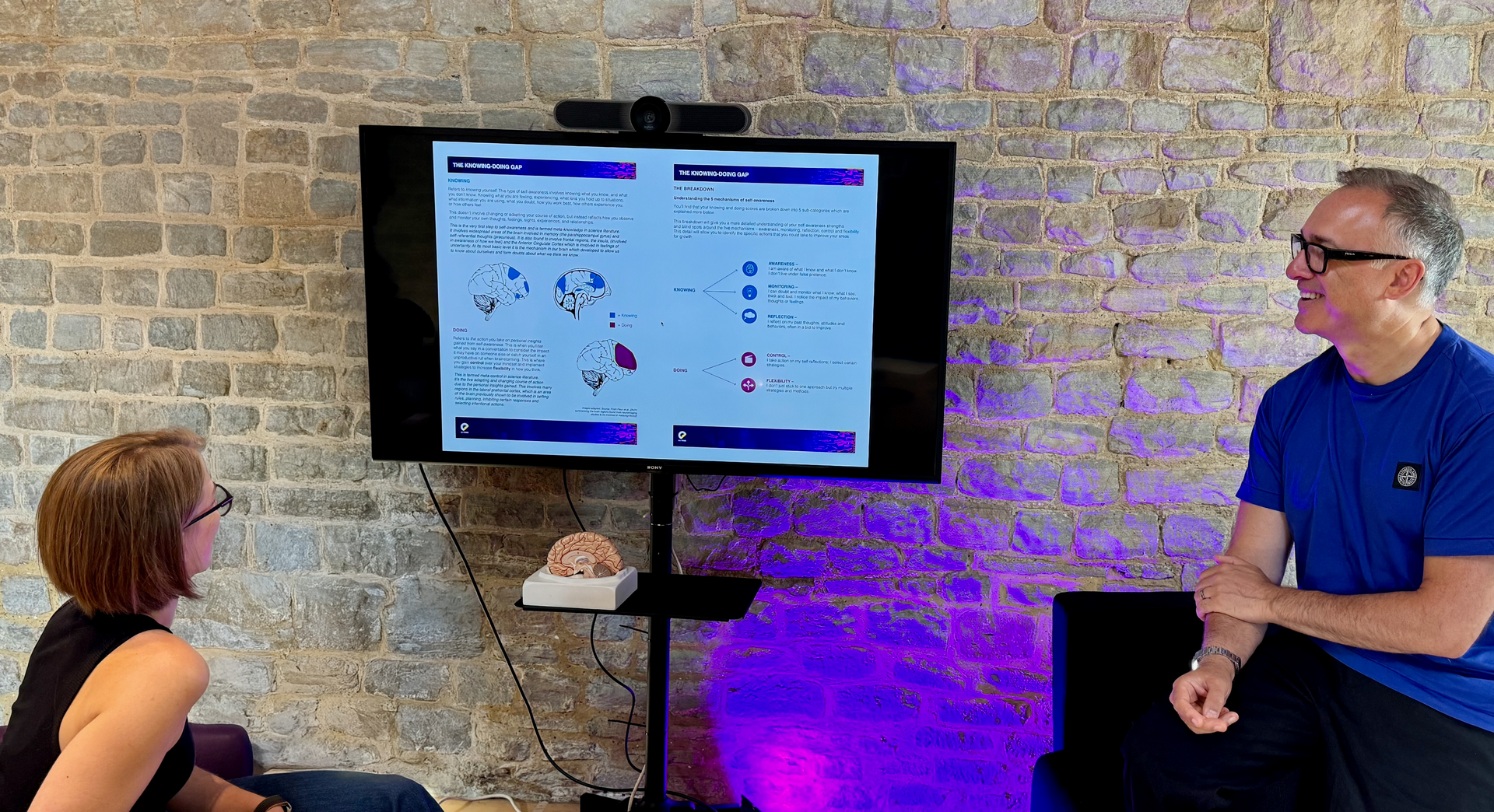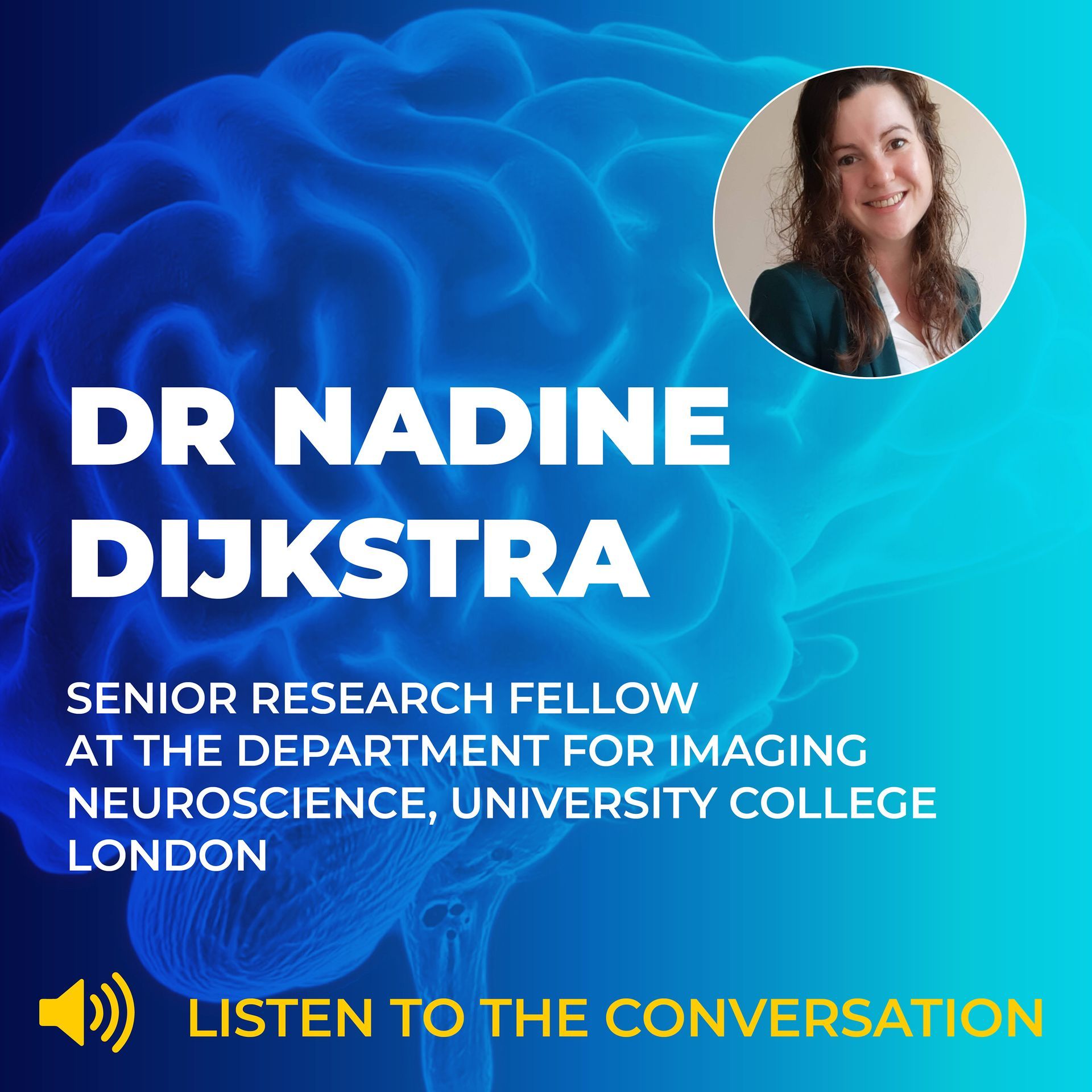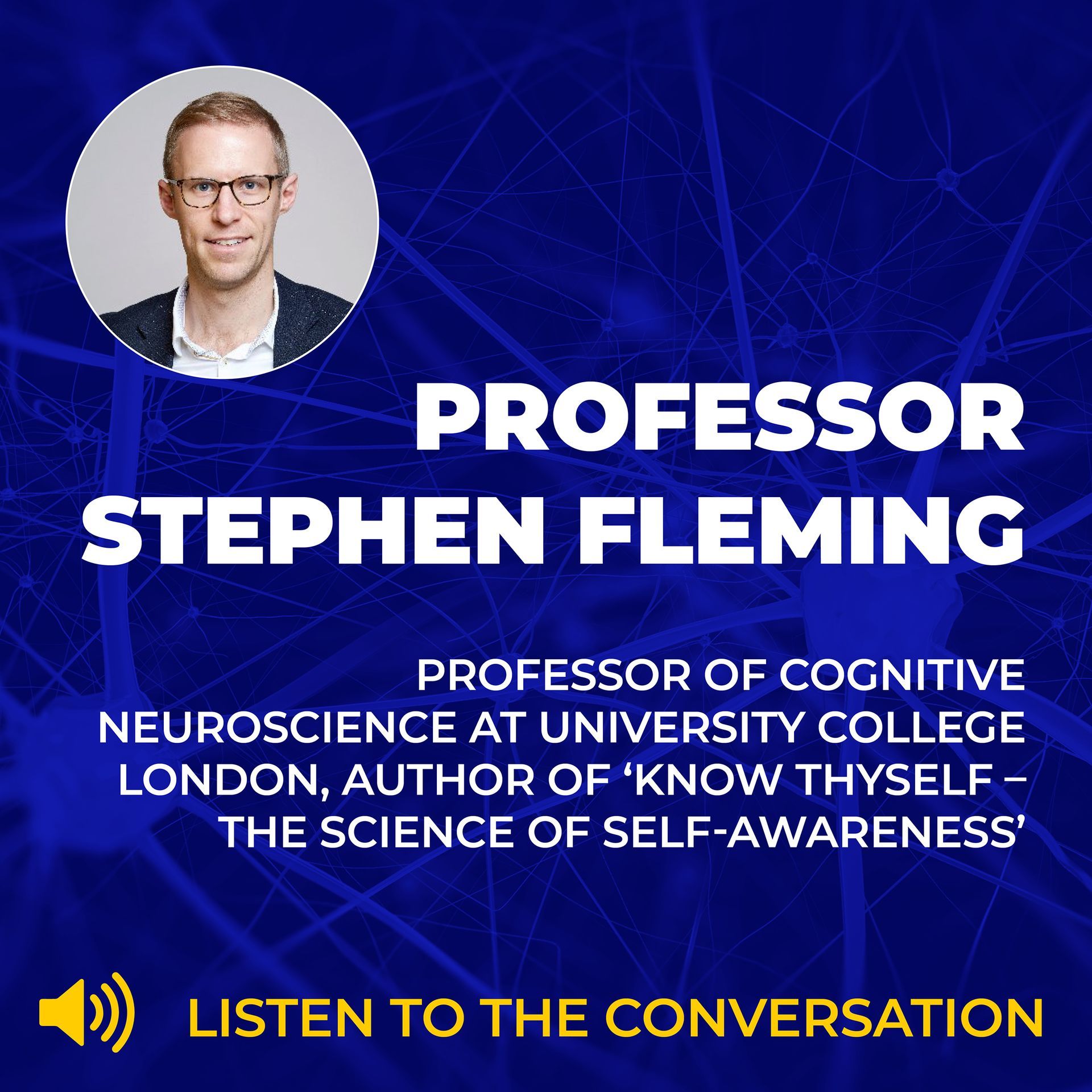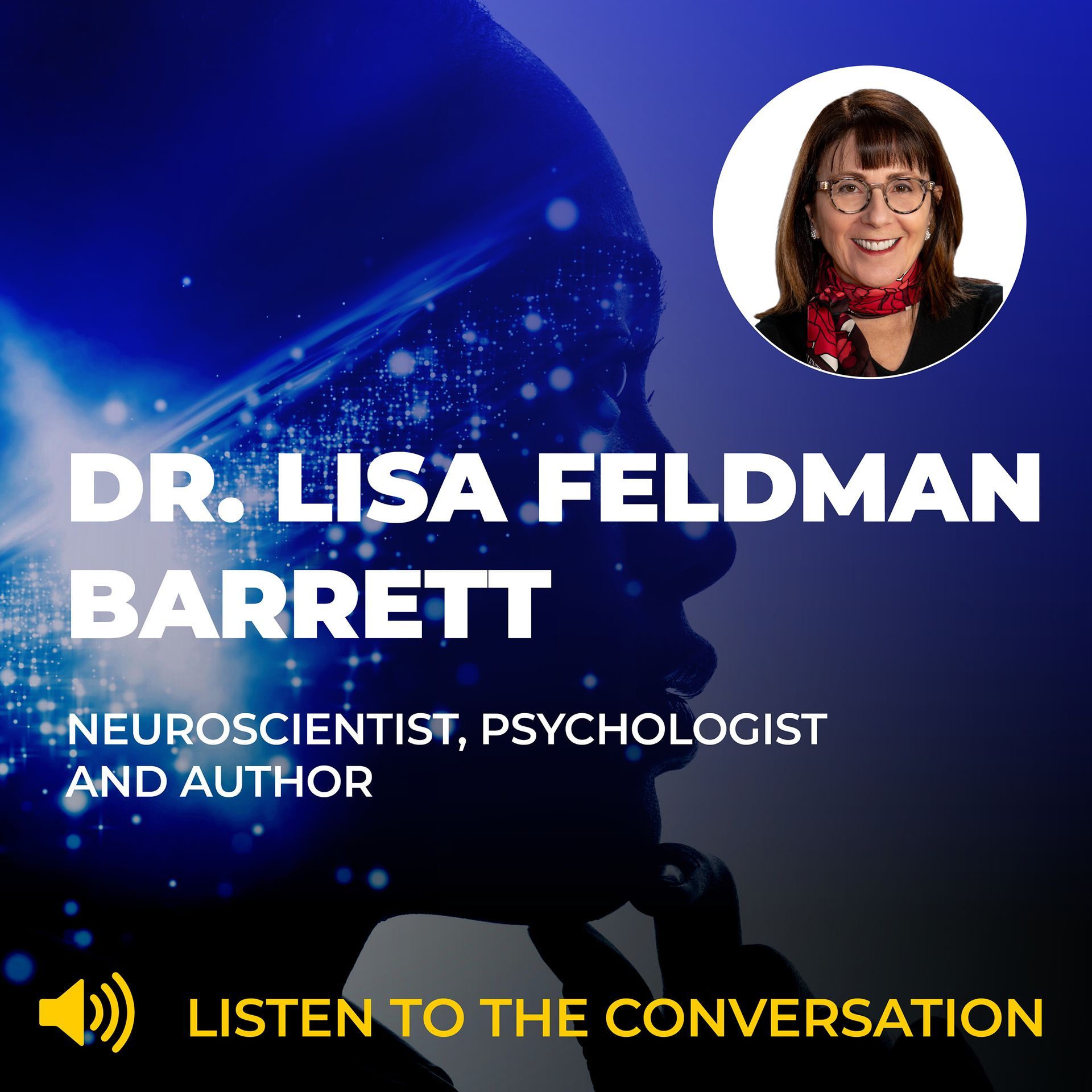THE SCIENCE OF MORE HUMAN LEADERSHIP AND ORGANISATIONS
We are doing this by exploring what core scientific disciplines, such as neuroscience and psychology can teach us about how the mind and the body speak to one another and how this influences our experience of the world.
These insights and knowledge enable us to work with individuals, teams, organisations, and communities to help people realise the agency they have to change their mindset for the better.
Through our work, we bring forward a new definition for self-awareness, that breaks apart self-knowledge from real action, something we call the knowing-doing gap.

RESEARCH AREAS
The goal of our research is to develop practical and sustainable strategies for anyone to use and apply in their daily lives. Taken from science and adapted and tested in the real world, these strategies help individuals, teams and organisations create more human environments – cultures, systems and processes - where we can perform at our best more of the time.












